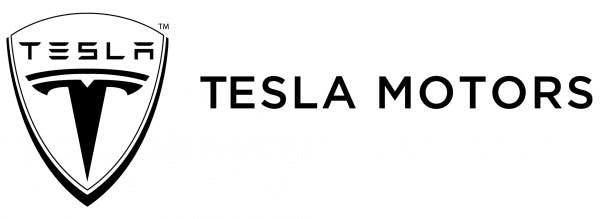After Tesla Motors Inc (NASDAQ:TSLA) reported that it will be profitable for Q1 2013 on both a GAAP and non-GAAP basis, investors bid shares of the automaker higher causing the stock to break through the $40 per share level. With this news out, many investors are more confident in Tesla’s ability to succeed as an automaker and are wondering what could be in store for investors in a successful Tesla Motors Inc (NASDAQ:TSLA). In this article, we recognize the challenges that will continue to face Tesla, but we will examine what Tesla can become if it handles these challenges like it has handled the others this underdog automaker has so often beaten. After looking at Tesla’s future as a luxury automaker, here we will examine Tesla’s potential as the mass market producer of electric cars it hopes to become.
Stage two: Mass market automaker
One of the biggest criticisms of Tesla Motors Inc (NASDAQ:TSLA) is that the company is only building cars for the one percent. First of all, many Tesla owners are not part of the one percent and are upper middle class individuals who finance their car and take energy savings into account. Second, Tesla’s decision to develop cars for the high end of the automotive market does not stem from a sort of electric elitism, rather it is the easiest way for a start-up automaker to turn a profit.

To survive in the tough world of automotive start-ups, Tesla Motors Inc (NASDAQ:TSLA) needed to produce a car to get their name out (Tesla Roadster) and then another to earn profits while producing a relatively small number of cars compared to major automakers (Tesla Model S). But the automaker’s plan from its founding was to eventually produce a car for the mass market. With the Gen III sedan on its way in a few years, we must look even beyond this car to see a Tesla Motors Inc (NASDAQ:TSLA) available in the sub $30,000 range.
Among the best known “electric cars” on the road today is the Chevrolet Volt, developed by General Motors Company (NYSE:GM). I wrote “electric cars” is quotations because the Volt is not actually a pure electric car. With a range extending gas engine, the Volt is actually a plug-in electric hybrid that has about 40 miles of range on battery power alone. General Motors Company (NYSE:GM) cuts its sales targets for the Volt after initial sales failed to live up to expectations. But sales have been increasing year over year suggesting demand for the $30,000 range Volt is picking up.
However, GM cannot be judged on sales of the Volt alone. Even the target of 45,000 Volts sold annually pales in comparison to the millions of conventionally powered vehicles the company sells. Sales of EVs have a similar effect on Toyota Motor Corporation (ADR) (NYSE:TM). Toyota has introduced a plug-in version of its now commonplace Prius gasoline-electric hybrid as part of an expansion of the Prius line from one Prius to four. But Toyota Motor Corporation (ADR) (NYSE:TM) sells millions of other vehicles so the plug-in Prius sales serve mainly as a way to build the Prius image and run a real world test of the automaker’s EV technology.
